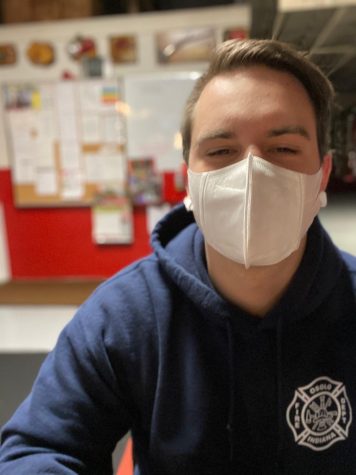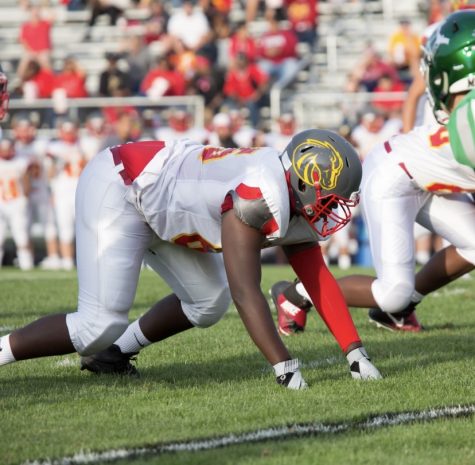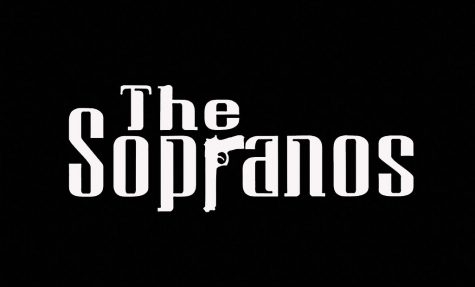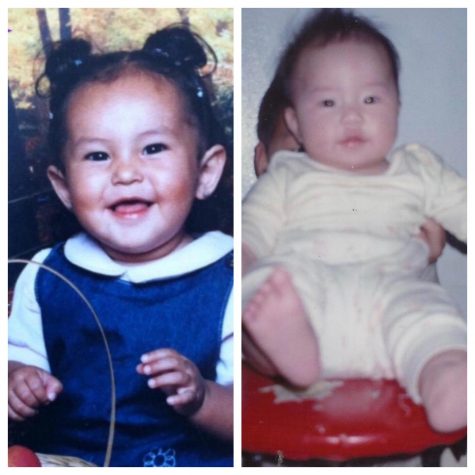Simply a good man
Staff Writer Richard Bautista highly recommends “The Good Man of Nanking” by John Rabe for its intriguing, detailed account of the Nanking Massacre.
Junior Richard Bautista reads “The Good Man of Nanking,” the diary of John Rabe, during class on Friday, Aug. 23.
September 6, 2019
“The Good Man Of Nanking” is the diary of John Rabe during his life in Nanking during one of the worst atrocities committed by a foreign power in the 20th century, the Nanking Massacre.
The book describes the daily life of Rabe before the battle of Nanking and during the end of the Nanking Massacre, as well as his departure from China.
This piece of literature is by far outstanding. Rabe comes off as a rather humble and extraordinary person whose personality fits perfectly as a hero. The diary chronicles the hardships, as well as the atrocities of the Safety Zone in such incredible detail. Rabe writes in a manner in which he lays out the events perfectly, keeping the story fluid, attention grabbing and highly detailed.
Rabe’s work covers a small part of a city wide event. However, he brings such depth to an event that would simply be dismissed as another event in history. The contents of the book are gripping, and I believe that it is one of the best sources for information regarding the Nanking Massacre.
Rabe comes off as a good man and the devotion to his work and the effort he put into the Safety Zone is quite evident in his writing.
Additionally, the book has photographs of the various daily events and illustrates some of the atrocities committed by the Japanese. Rabe tells of his own experiences of personal heroism and dismisses the praise that comes with it such as the inhumane acts the Japanese committed, from the burning of the historic capital city, to the Japanese entering the Zone at night for their own cruel purposes.
It’s incredibly difficult to negatively criticize this book as I have no negative feedback to offer. However, the nature of Rabe mentioning that he is a member of the Nazi party even though he believes it’s socialist and the fact that he occasionally uses phrases that are racist, might throw people for a loop when reading.
This book is a wonderful read that shows intense insight into an event through the eyes of a person that experienced it first hand. It brings another level to an event that was one of the worst atrocities of the 20th century. John Rabe is simply a good man.
The views in this column do not necessarily reflect the views of the GENESIS staff. Reach Richard Bautista at [email protected].



















